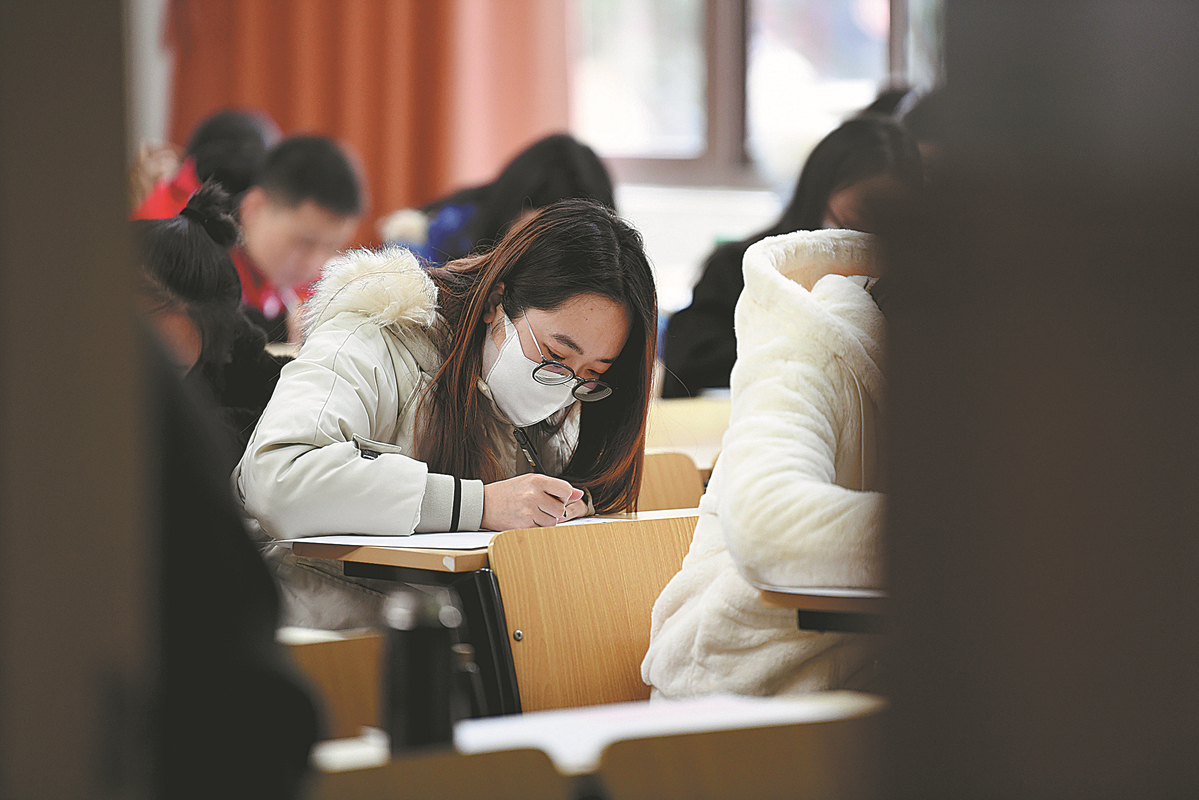Cities set their sights on best talent


Unlike Beijing, second-tier cities such as Hangzhou, Nanjing, and Jinan and Qingdao in Shandong province offer housing subsidies to attract graduates and other talent. The amount provided ranges from 100,000 yuan ($15,430) to 2 million yuan for buying apartments. Thousands of yuan is provided to cover rent, depending on applicants' qualifications.
Beijing has so far not provided housing subsidies for graduates, but some companies in the capital have come up with housing solutions for young employees.
"This is a good trend," said Ma Yanqiu, 23, a medical student at Peking University Third Hospital, who will graduate in 2024. "The policies can attract more ambitious young people to contribute their talent to Beijing and grow with the city."
Lin Xuliao, a student work counselor at Beijing Foreign Studies University, who is in charge of helping students with career planning, said talent introduction policies are an inevitable choice for cities.
"In Beijing, the current policies accord with the central and the municipal government's overall plans for the capital," he said.
"Talent in education and in industries such as artificial intelligence is encouraged to settle in the city. The policies also point the way for universities to combine talent cultivation with the nation's policies to meet society's needs."
Feng Xiaojie contributed to this story.


















